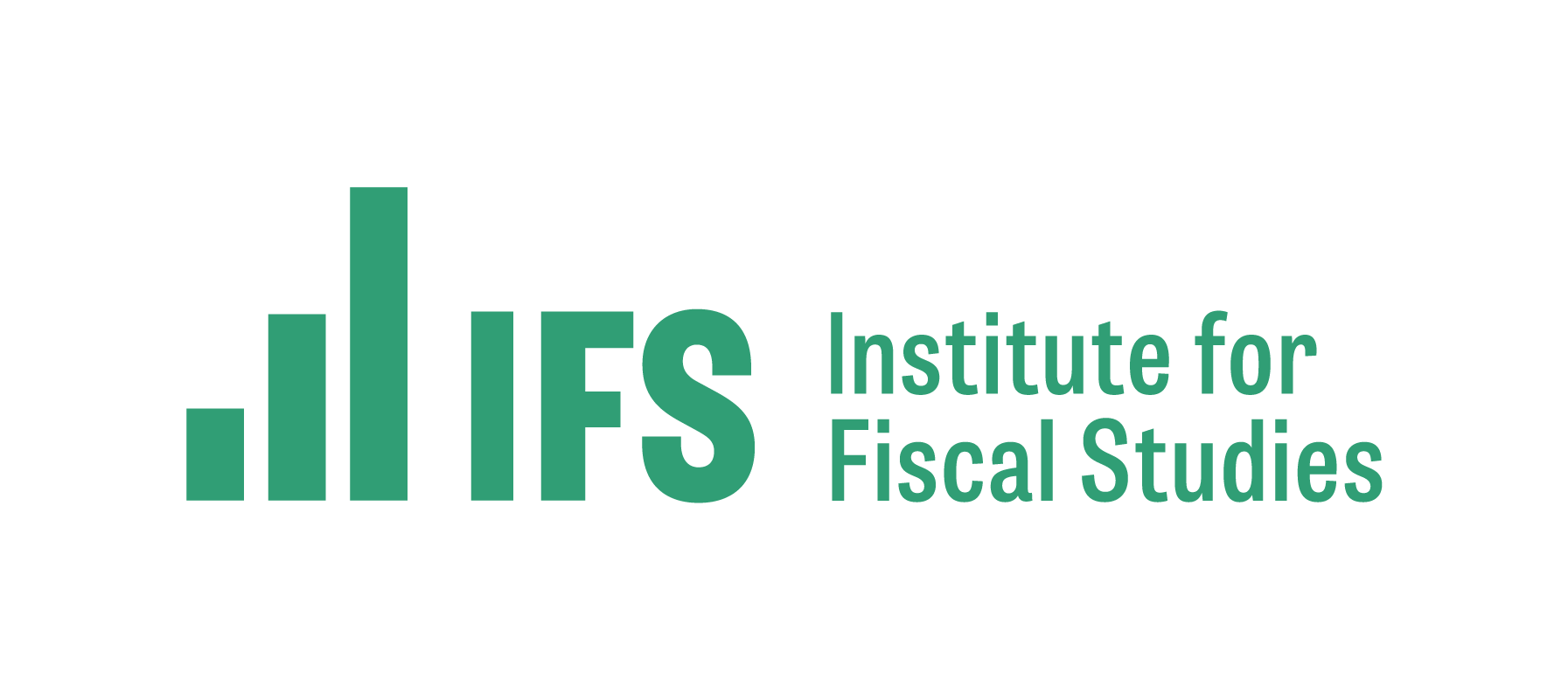To mark the BBC's coverage of the NHS's 70th birthday in July 2018, researchers from the Health Foundation, the Institute for Fiscal Studies, The King’s Fund and the Nuffield Trust have joined forces for the first time, using combined expertise to shed light on some of the big questions on the NHS.
The four organisations have been asked by the BBC to look at five key topics, covering the relative strengths and weaknesses of the health service, its funding, the state of social care, the public’s expectations of the NHS and the potential of technology to change things in future. This project and the reports we have produced are intended to inform the national conversation about the past, present and future of the NHS.
This report looks at funding. The UK government spends £150 billion every year on health. This includes day-to-day funding for frontline NHS services, in addition to capital investments, staff training and public health activities. Even after taking account of inflation, this spending is twice what we spent less than 20 years ago at the start of the 2000s. But might the NHS still require more funding and, if it does, how could we find more money?
The research finds that despite already being the largest item of government spending, the NHS will require more funding in future if it is to maintain its current standards. These increases will be
larger if we also want to improve the quality and scope of health care provided in the UK. Such expectations would require additional funding increases of 2 to 3 percentage points of national income over the next 15 years.
Key findings include the following:
- Public spending on health has increased substantially over the history of the NHS, rising from 3.5% of national income in 1949–50 to 7.3% in 2016–17. Spending increases have varied considerably over time, and spending has grown at a historically slow pace since 2009–10 (1.4% per year on average). Even so, after taking account of inflation, we spend twice as much on health today as we did 20 years ago.
- Despite the recent slowdown in funding growth, health has been favoured compared with other services. In 2016–17, health accounted for £1 in every £5 spent by the government, or almost £1 in every £3 spent on public services. These shares have grown at a rapid pace since 2009–10.
- Additional funding will be required for the NHS if it is to meet a range of pressures. These include a growing and ageing population, changes in morbidity, and cost pressures associated with new technologies and pay. Spending increases since 2009–10 have only just been sufficient to cover demographic pressures. However, these changes only account for about a third of the pressures faced by the NHS.
- Borrowing more can only be a short-run policy option and is not a sustainable long-term solution. Previous increases in health spending have largely been achieved by reducing the share of spending on other services. This will be much harder in future, particularly given cuts to other services since 2009–10.
- Fully meeting pressures by raising additional tax revenue would mean substantial tax rises, but would still leave the UK’s tax burden below that of most European countries. New polling, commissioned by the Health Foundation and carried out by Ipsos MORI for the NHS at 70 project, indicates a majority of people think that if additional funding is given to the NHS then it should be raised through taxes. However, it is not clear which specific taxes should increase or whether people would be willing to pay enough to fund large increases in public spending.
- A recent announcement by the government will provide additional funding for frontline NHS services over the next 5 years. Funding for day-today spending will increase by 3.4% per year up to 2023–24, higher than recent funding growth but below the long-run average. Details for spending on capital, public health and staff training are yet to be revealed.
- Hypothecation might generate support for tax rises in the short run, but it risks introducing complexity and opacity rather than the reverse.
Partners



